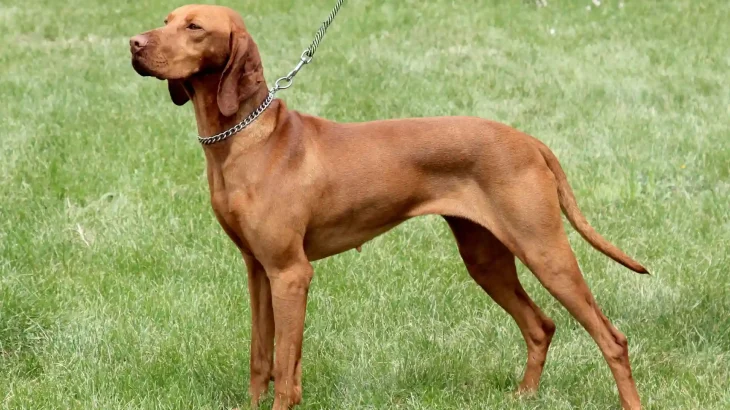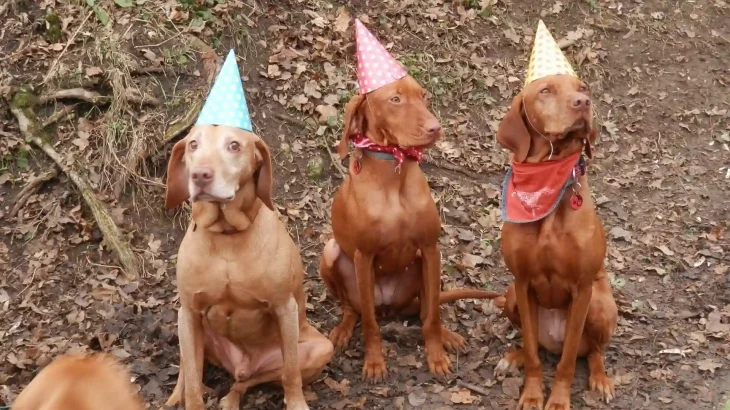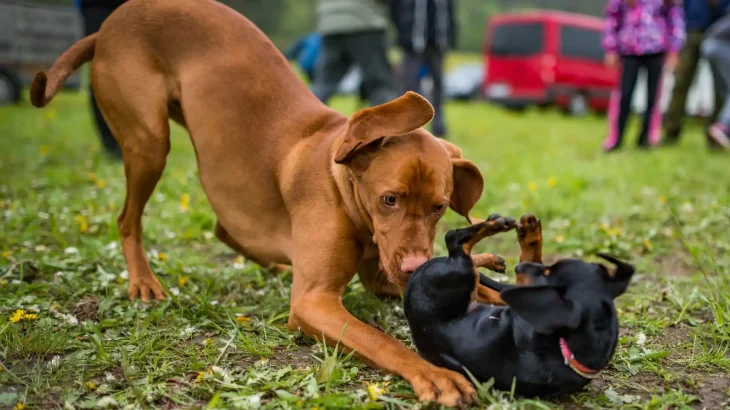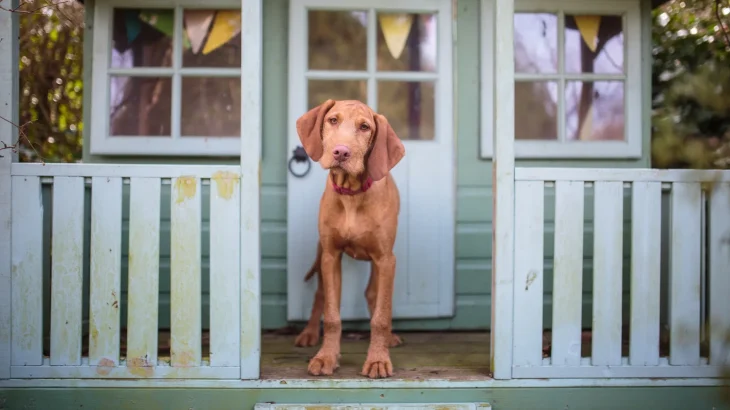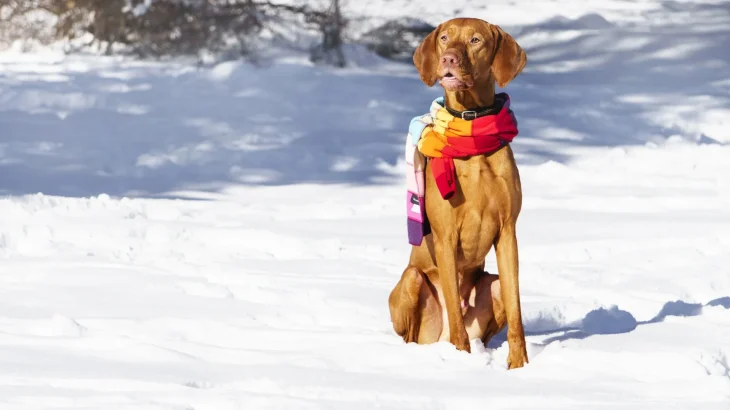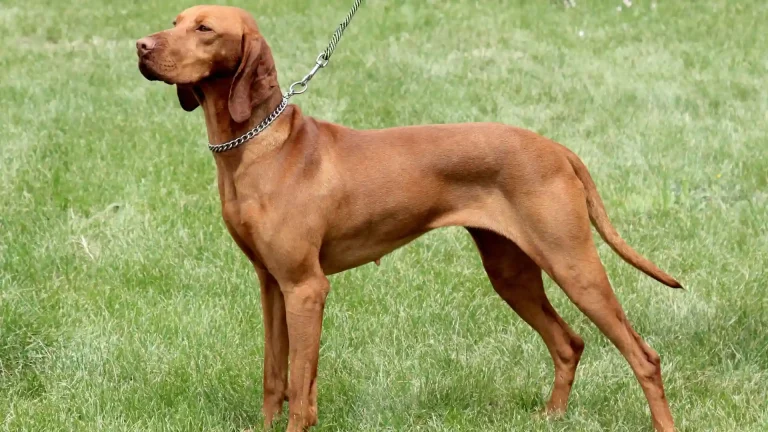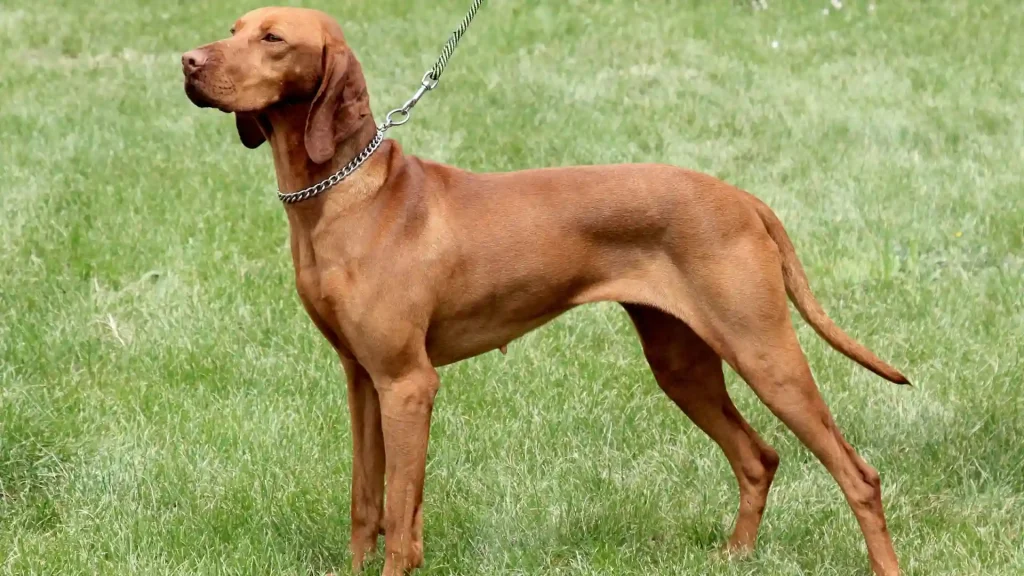When deciding to bring a Hungarian Wire-haired Pointing Dog puppy into your home, you can either adopt or purchase one. Each option has its advantages depending on factors like cost, health transparency, and ethical considerations. Understanding these differences can help you choose the best fit for your situation.
Adoption vs. Breeder: Pros & Cons
| Criteria | Buying from Breeder | Adopting from Shelter/Rescue |
|---|---|---|
| Cost | Higher upfront cost; purebred puppies usually cost more due to breeding and lineage. | Lower adoption fees make it more budget-friendly. |
| Health History | Breeders often provide detailed health records and genetic screenings. | Health history might be limited or unknown; shelters conduct basic health checks. |
| Age Availability | Mostly puppies, allowing ownership from an early age. | Various ages available, including adults and seniors. |
| Temperament Insight | Breeders offer insights based on parents' traits and early socialization. | Shelter staff provide behavior assessments but background can be uncertain. |
| Supporting Practices | Supports ethical and responsible breeding when sourced properly. | Supports animal welfare by giving a home to a dog in need. |
| Breed Purity & Pedigree | Guaranteed pedigree and breed purity with documentation. | Breed mix or unknown lineage is common, with less emphasis on pedigree. |

